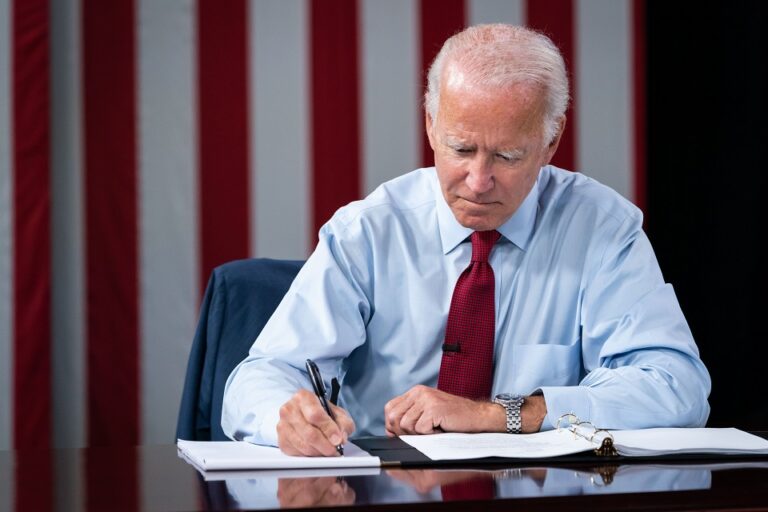
When to Consult a Professional
While the information in this guide can provide a solid foundation, there are moments when general knowledge is not enough. Knowing when to seek professional help is a critical step in protecting your interests and, most importantly, the well-being of your grandchild. Legal action is a significant step, and it should never be taken without careful consideration and expert guidance.
Here are key scenarios where consulting a professional, such as a family law attorney or a mediator, is strongly recommended.
When Direct Communication Has Completely Broken Down
If your attempts at calm, rational conversation have failed or if the parents are completely unwilling to communicate with you, it may be time to seek help. A professional can offer new strategies. A mediator can provide a structured setting for a difficult conversation, while an attorney can send a formal letter on your behalf, which can sometimes signal your seriousness and prompt a renewed discussion before any court action is filed.
When You Have Serious Concerns About Your Grandchild’s Safety or Well-being
This is the most urgent reason to seek professional help. If you have a good-faith belief that your grandchild is in an environment of abuse, neglect, or substance abuse, you should contact an attorney and your state’s child protective services agency immediately. In these situations, the legal standard can shift dramatically. The court’s primary concern becomes protecting the child from harm, and this can sometimes lead to temporary custody orders involving grandparents or other relatives.
During a Divorce, Separation, or After the Death of a Parent
As discussed, the legal landscape for grandparents’ rights often changes when a family is disrupted. During a divorce, it may be possible to intervene in the existing case to request a formal visitation order. If your own child has passed away, many states provide a specific statutory right for you to seek visitation. These are legally complex situations that require an attorney’s expertise to navigate correctly.
Before You Decide to File Any Legal Paperwork
Before you take the step of initiating a lawsuit, a consultation with a family law attorney is essential. This is not about starting a fight; it’s about making an informed decision. An attorney can provide a realistic assessment of your chances of success based on the laws of your state and the specific facts of your situation. They can answer the question “how to file for grandparent visitation rights” with specifics tailored to your local court. This initial consultation can save you thousands of dollars and immense heartache if it turns out your case is not legally strong enough to proceed.
What Can a Professional Do for You?
A family law attorney can:
- Explain your rights and options under your state’s specific laws.
- Help you understand the strengths and weaknesses of your case.
- Negotiate with the parents’ attorney on your behalf.
- Draft and file all necessary legal documents correctly and on time.
- Represent you in court hearings and advocate for you before a judge.
A mediator can:
- Facilitate a productive conversation between you and the parents.
- Help you find common ground and creative solutions.
- Draft a parenting or visitation agreement that can be made into a legally binding court order.
- Provide a less adversarial and more collaborative alternative to court.
Engaging a professional is an investment in a thoughtful, strategic approach to a deeply sensitive family matter.
For official information, consult government resources like USA.gov, the Consumer Financial Protection Bureau (CFPB), and the Federal Trade Commission (FTC).




